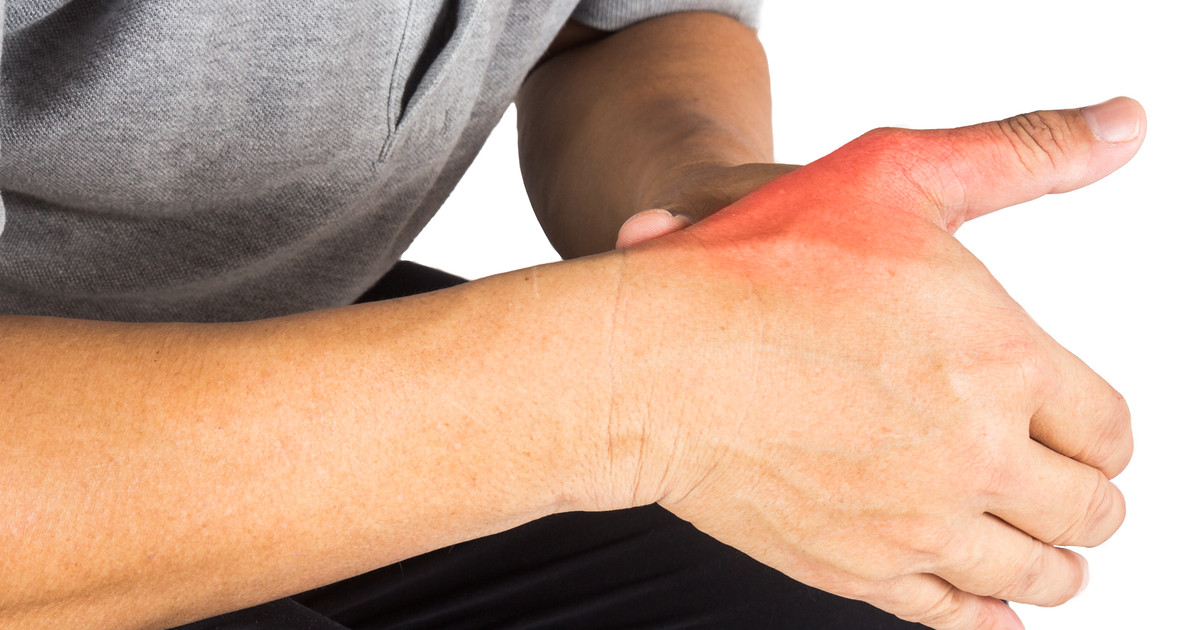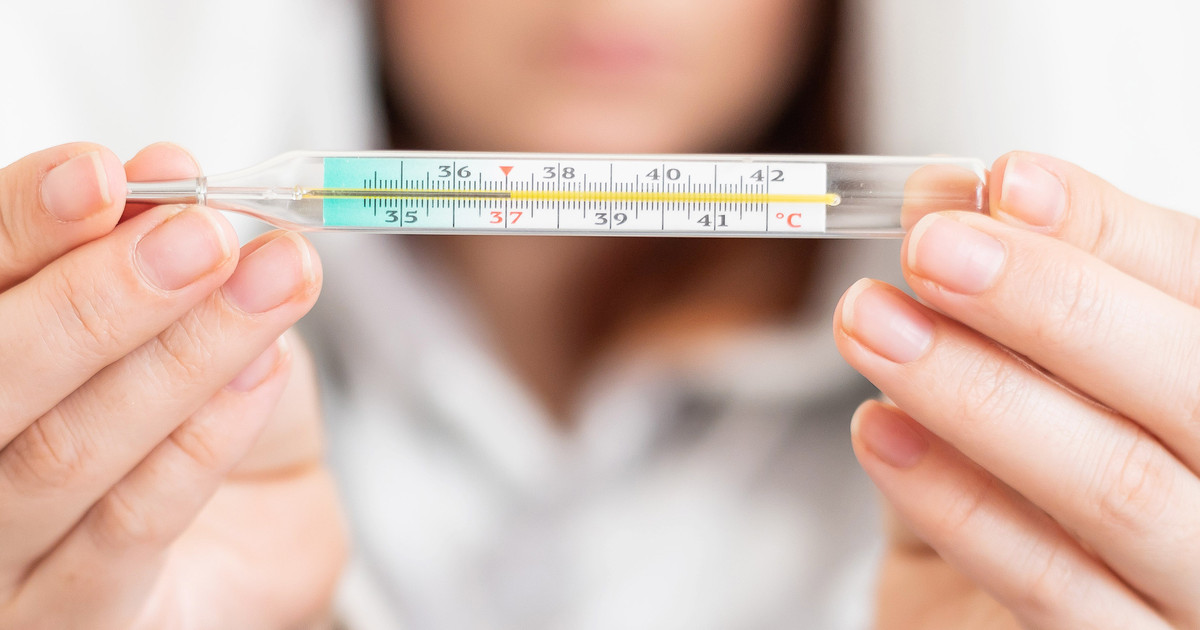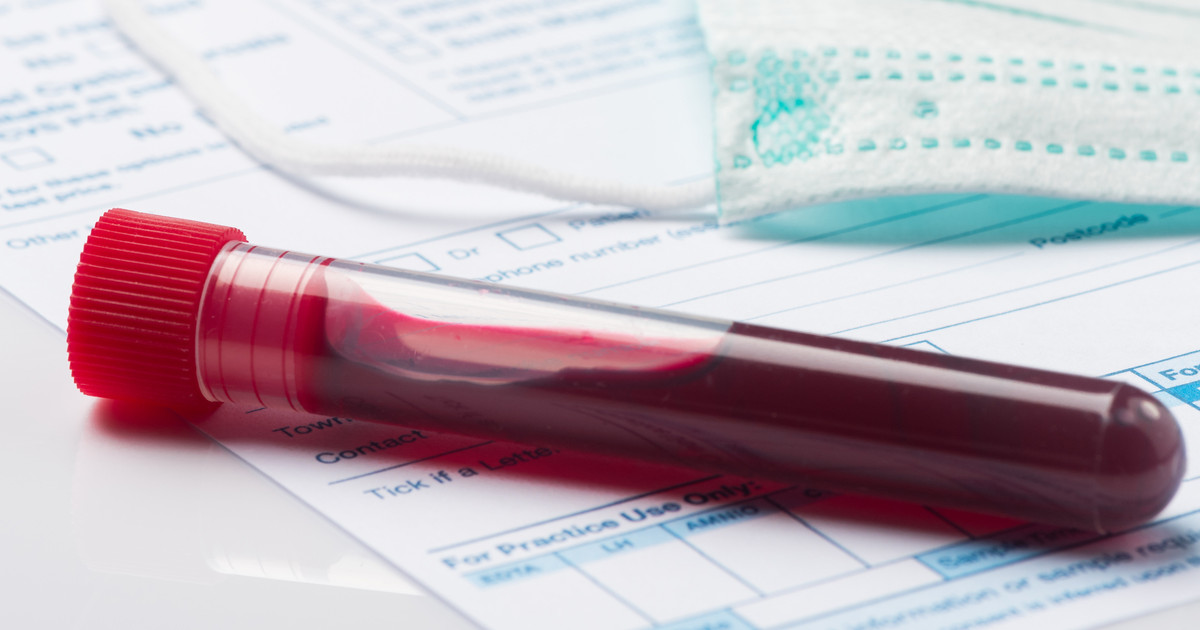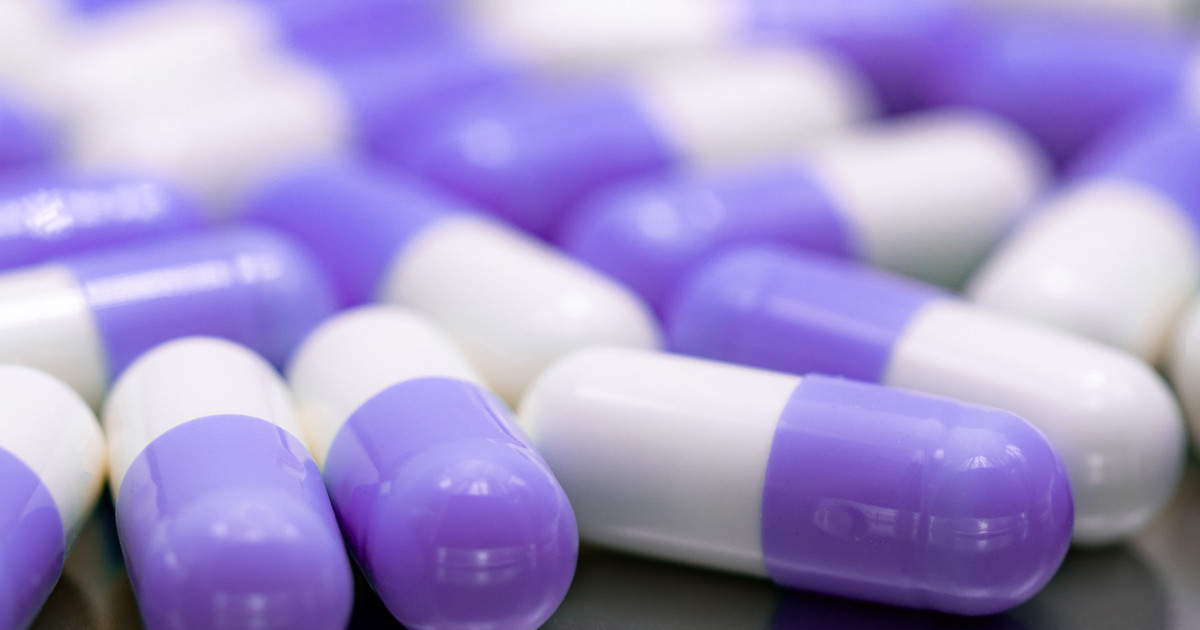Guide To Colchicine
Colchicine is a prescription medication. It is extracted from crocus plants, and it helps reduce the accumulation of uric acid crystals in the joints. This medicine is an oral tablet. Patients can take it to reduce pain and other symptoms during a gout attack. The medication may be taken regularly to prevent future episodes. Typically, adults are advised to take 1.2 milligrams when they first notice symptoms of a flare. Doctors recommend 0.6 milligrams one hour after the flare begins. Most individuals are placed on a daily dose of 0.6 milligrams if they are taking it to prevent future flares. Some patients may take two doses per day. Elderly patients and individuals with renal damage may need to take a lower dose.
Clearly, colchicine is a common gout treatment. Patients often take this gout medicine to achieve immediate gout pain relief. However, there may be alternatives to colchicine tablets. Some individuals may want to try herbal medicine for uric acid or other gout supplements. Of course, patients should understand how this medication works first so that they can evaluate the best treatment for gout with their doctor.
How It Works

Colchicine is a gout medication. It stops the processes in the body that cause inflammation. This medication also changes the way that an individual's body responds to uric acid. Colchicine binds to proteins called tubulins. This action stops the assembly of microtubules. Microtubules help cells retain their shape. They are involved in the regulation of cell division and the secretion of chemokines and cytokines. Researchers believe that many of this medication's benefits are due to its ability to block tubulins. Recent studies have found that this medication prevents neutrophils from moving in certain ways. This is believed to have a direct impact on the uric acid crystals associated with gout.
Uses And Benefits

This medication is approved for the treatment of acute gout flares in adults. Certain brands are approved for the prevention of future gout flares. In addition to preventing and treating gout, colchicine is beneficial in treating familial Mediterranean fever in patients who are at least four years old. It helps prevent the joint, abdominal, and chest pain that can occur with this condition. This medication may be prescribed to ease pain, swelling, redness, and other symptoms of Behcet's syndrome too.
Doctors may consider using colchicine as an 'off-label' treatment for pericarditis, coronary artery disease, and other inflammatory conditions. Other 'off-label' uses include treating hepatic cirrhosis, primary biliary cirrhosis, Paget's disease, pseudogout, and idiopathic pulmonary fibrosis. This drug may be beneficial for preventing post-pericardial syndrome and treating chronic immune thrombocytopenia.
Potential Side Effects

Diarrhea, nausea, vomiting, and abdominal pain are some of the most frequently reported side effects of colchicine. Although these side effects are common, patients should contact their doctor right away if they develop any of them. Less commonly, some individuals could have a headache, fever, or chills while taking this medication. Patients have reported blood in their urine or stool during treatment as well. The patient's stool could appear black or tarry. Some individuals on this medication may experience breathing difficulties during exercise.
Colchicine may cause changes to the skin. For example, patients might notice that their skin is peeling. They may also feel a burning or crawling sensation on the skin. Hives and redness may also appear. Some patients experience numbness in the fingers or toes, a sore throat, and sores or white spots on their lips or inside their mouth too. Patients should immediately tell their doctor if they notice a pale or gray color on their lips, tongue, or palms. Additionally, an urgent evaluation is needed for any symptoms of infection that may develop.
Precautions To Remember

Colchicine may not be safe for kidney or liver disease patients. Individuals should also let their doctor know about any history of heart issues or digestive system problems. In general, colchicine is not prescribed to pregnant or breastfeeding women. Typically, women are only offered colchicine if they are using contraception. This medicine could reduce fertility for males. Thus, men should talk with their doctor about this risk. Individuals with low blood platelet counts, low red blood cells, low white blood cells, or issues with bone marrow function may not be able to take this medication. Colchicine can cause temporary decreases in platelets and white blood cells. These decreases could place patients at an increased risk for infections and easy bruising.
Patients will need regular blood tests, especially if they need to take this medication for a prolonged period. Individuals who experience decreases in platelets or white blood cells may be advised to avoid contact with individuals who have infections. It is also essential to avoid contact sports to reduce the risk of bruising. All patients taking this medication should avoid eating grapefruit and drinking grapefruit juice. The reason is that grapefruit can increase the concentration of colchicine in the body, which could increase the risk of side effects. Patients may take this medication with or without food. However, taking it with food tends to reduce stomach discomfort.
Potential Medication Interactions

Colchicine is associated with more than two hundred potential medication interactions. Thus, patients should make sure their doctor knows about all of their medicines, including over-the-counter drugs, prescriptions, vitamins, minerals, and herbal supplements. This should help reduce the risk of potential medication interactions. Pharmacists should check for potential interactions before dispensing colchicine as well. During treatment, patients should not start or stop any other medications without talking to their doctor first.
Some of the potential medication interactions with colchicine include azole antifungal medicines, such as ketoconazole, and macrolide antibiotics. Other interactions exist with verapamil, diltiazem, and HIV drugs. Individuals who take these medicines may need to have their doses adjusted. In some cases, alternative medications may be necessary. This may be an alternative to current medications or one for colchicine.
